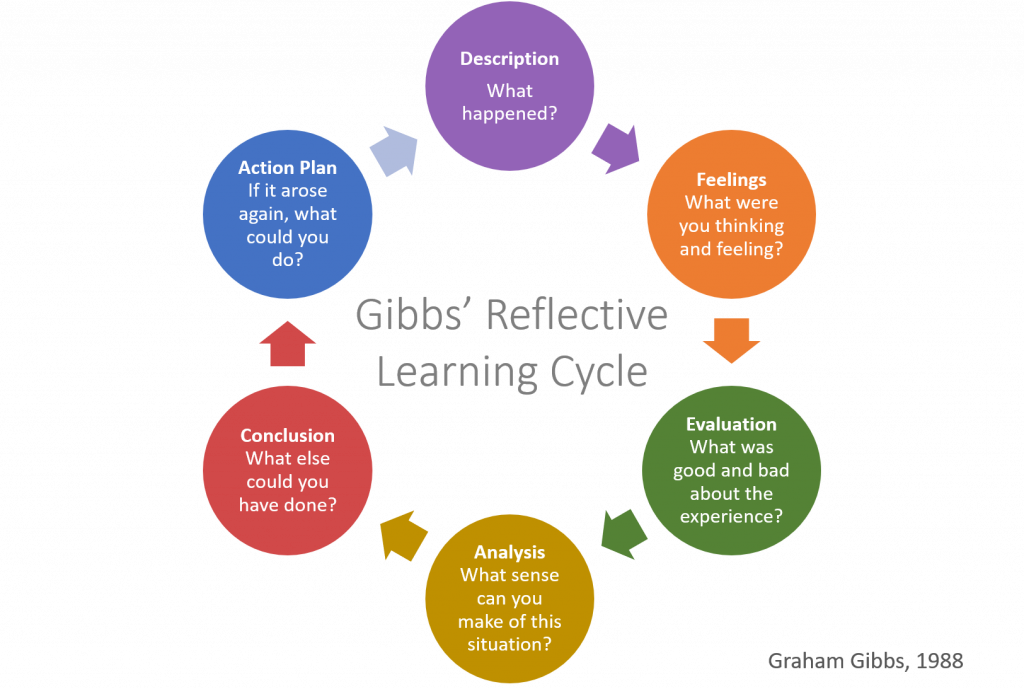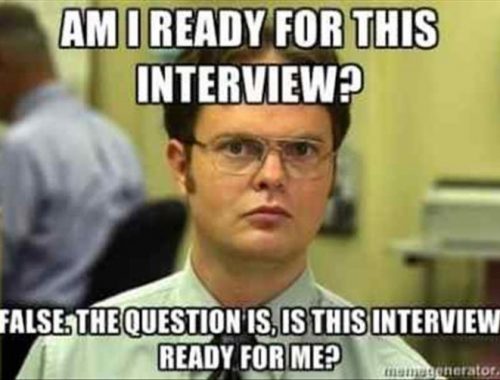AEL Blog Post 2 – Simulated Interviews

Let me set the scene, it’s the last Friday of May. You’ve just woken up to the smell of freshly cut grass, the sun is peaking through your blinds, the air is warm. You cannot wait to go to school because no work is being done in these conditions, you’re spending all day outside. Your mum has just covered you in sun cream, you look like a ghost, but you don’t care. Your only responsibility is to remember to bring a ball to school to play with, life is good. Fast forward 12 years and now you’re about to graduate from university and go into the big bad world of work. You often think about those sunny mornings when you were 9 and how you really didn’t appreciate it enough. You have now reached that stage of life where you ring the doctors for yourself and check LinkedIn every day. You have just begun the process of applying for what I like to describe as a ‘big girl job.’ Mentally prepping yourself to undergo the tortuous process of an interview, which unfortunately cannot be avoided. What could be better than sitting in a room full of strangers trying to convince them that you’re not only a really nice person, but you’re also qualified to be there, even though you have little to no experience.
Ah the joys…
The Situation
As part of a Work Based Learning module, myself and other classmates participated in a series of simulated interviews for specific jobs that we researched and choose.
The aim of this blog is to evaluate the simulated interview using Gibbs model of reflection. Gibb’s reflective cycle ‘encourages a clear description, analysis of a situation and examines what one would do should the situation happen again.’ (Jasper, 2013) Gibb’s model is ideal for reviewing this scenario, as it is also certain that one will find themselves in an interview again. The process of evaluation and reflection will allow for better preparation and performance in the future.

The Process

Prior to the interview we each had to find a job that we would be interested in applying for. After extensive scrolling through pages of Indeed, I settled with a Sports Presenter/ Producer role at Highland Radio. I selected this job for two reasons. Firstly, I am very passionate about pursuing Sports Broadcasting after I graduate.
Secondly I was what ‘Highland Radio‘ described as the ‘ideal candidate.’ Getting the opportunity to be questioned on a sports specific job was great practice, as the questions I was asked were very different as to anything I had experienced in an interview setting before. This allowed me to focus on subject specific skills and projects that related to the job in question.
The process of preparing and conducting the interviews, required attributes that are essential a professional environment. It required us to draw on various skills such as teamwork, organisation, communication, providing feedback and acting on it. Each member of the group had a feedback form to fill out, detailing what the interviewee done well and what they could improve on. Reflecting on the process start to finish, I believe I benefited most from the feedback rather than the interview process itself. From watching others and reading what they had to say it was insightful to see what we each thought made a good interview.

The Feedback
As with any piece of spoken work I have ever completed, my favourite piece of feedback, that I just cannot seem to fix, yet again popped up. I speak too fast… My Granda used to joke a lot when I was younger and say that I should consider becoming an auctioneer due to my ability to speak at such a pace. While I have no interest in selling antiques, he was right about one thing and that was that I needed to slow down when I speak. I have recently found myself wondering why do I speak so fast? In an article from Psychology Today they discuss various reasons as to why this could be. One of the suggestions was that it was ‘out of nervousness and anxiety—they increase their rate in order to get their communication “over with”’ (Ni , 2019) Upon self-reflection I didn’t think this was the cause of the problem, as not only do I speak very fast but I speak a lot so getting it ‘over with’ definitely wasn’t the issue.
So, I continued reading another suggestion was that ‘Some people talk fast because they’re thinking “a mile a minute” and are trying to keep up with their own thoughts’ (Ni, 2019) this seemed more likely, but I still wasn’t convinced this was the problem either. After fixating on what was causing the problem to no avail, I decided my efforts would be better focused on fixing it. Upon starting my placement, my mentor got me to record a few pieces to get an idea of where I was at. Straight away he identified the speed of my speech as something I needed to work on.
‘It’s good but it’s too fast’ – here we go again
Since then, he has been working with me on improving this by teaching me tricks and tips that he and other broadcasters use to slow down and focus on clarity of speech.
So what does one take from all this?
To conclude, interviews for the most part are an unpleasant experience but one that is simply part of adult life. I have learned from the simulated interviews how I can improve on my interview technique in the future which will not only improve other aspects of my career but also eliminate the self-conscious thought that I am speaking too quickly.
Works Cited
Gibbs’ reflective cycle (1970) The University of Edinburgh. Available at: https://www.ed.ac.uk/reflection/reflectors-toolkit/reflecting-on-experience/gibbs-reflective-cycle (Accessed: November 24, 2022).
Jasper,M. (2013) Beginning Reflective Practice. Andover: Cengage Learning EMEA.
Ni , P. (2019) “Do You Talk Too Fast? How to Slow Down,” Psychology Today, 19 November. Available at: https://www.psychologytoday.com/gb/blog/communication-success/201911/do-you-talk-too-fast-how-to-slow-down#:~:text=Some%20individuals%20speak%20quickly%20out,introverts%20as%20well%20as%20extroverts.
STAR CANDIDATE
You May Also Like

“Fake it ‘til you make it!”: Finding Success in a Simulated Interview
22 February 2023
Interview a New You! – Becoming an Interview Guru
24 February 2023
